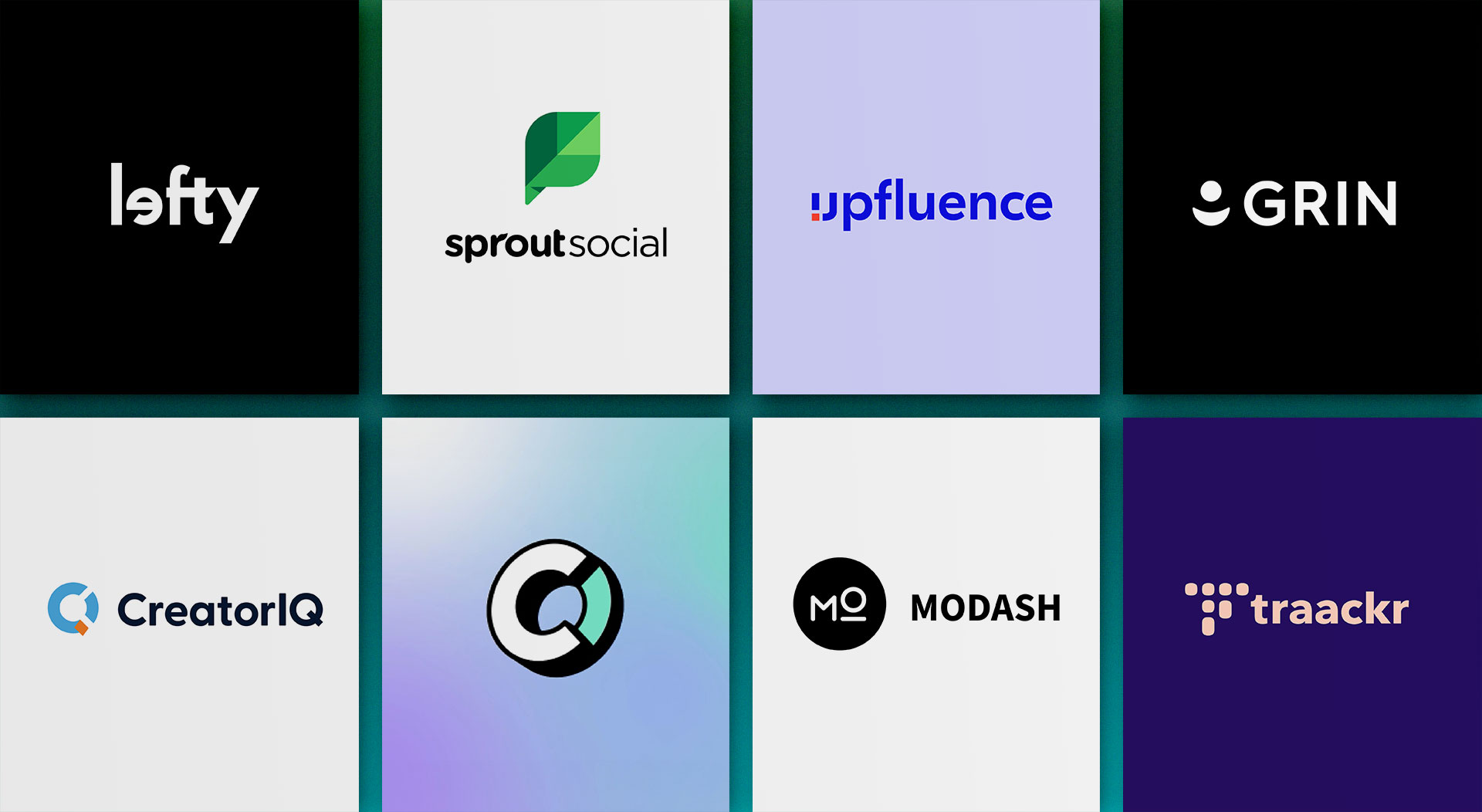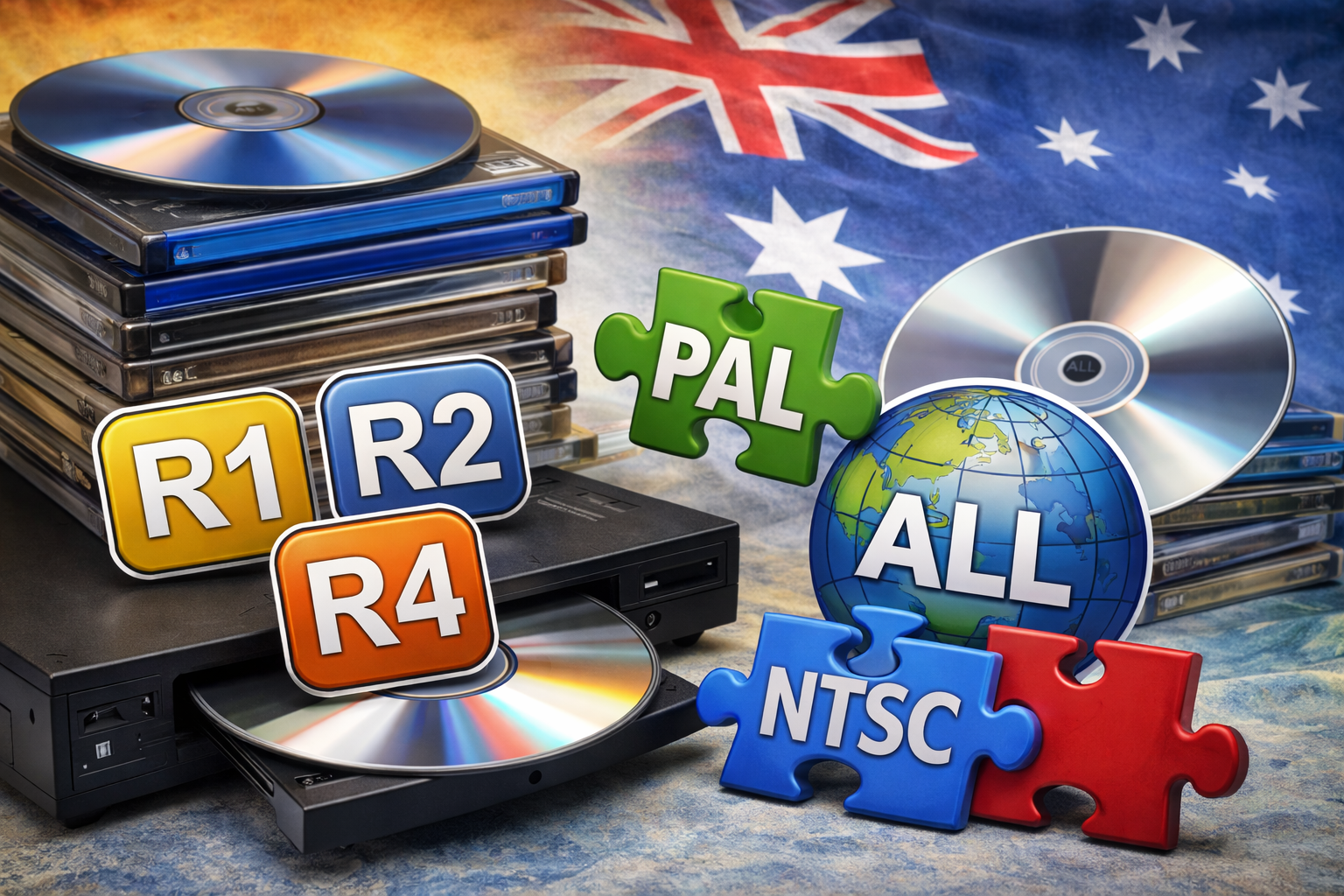Influencer marketing continues to drive real results for brands, but success depends on choosing the right platform. From automation and affiliate tracking to CRM integration and audience analytics, these eight platforms offer the features marketers need in 2025. The landscape is competitive, and brands that choose the right tools gain the edge in outreach, efficiency, and ROI.
Below, we dive into the top influencer marketing tools helping businesses thrive this year, breaking down what each does best and where it fits in a broader marketing strategy.
1. Lefty
Best for: High-end brands looking to pair strategy with style
Lefty tops the list as a favourite for luxury and lifestyle brands. With a sharp focus on Instagram, it offers smart discovery filters, audience quality insights, campaign automation, and real-time performance tracking. Brands can easily find influencers based on interests, geography, and audience authenticity.
Extras like customisable landing pages and built-in payment features make Lefty ideal for brands that want to manage premium influencer relationships at scale. It also excels in content approval workflows and benchmarking against competitors, which helps refine strategies over time.
2. Sprout Social Influencer Marketing
Best for: Marketing teams that value cross-platform alignment
Sprout Social stands out by integrating influencer campaigns into broader social strategies. It helps you find creators using AI-powered filters and a Brand Fit Score, then manage them alongside other marketing channels such as organic social, paid campaigns, and customer care.
This tool is great for mid-size to enterprise teams seeking unified reporting and control over messaging. Safety features such as influencer history and engagement audits help ensure you’re investing in trustworthy partnerships.
3. Upfluence
Best for: Scaling affiliate-driven campaigns across multiple channels
Upfluence connects with most major social platforms and ecommerce backends like Shopify, WooCommerce, and Magento. It makes promo code creation and performance tracking easy while offering AI-powered influencer matching. Whether you’re recruiting for one-time promotions or long-term partnerships, Upfluence keeps campaigns moving efficiently.
The built-in CRM helps teams stay organised, segment influencer contacts, and track interactions over time. Its influencer pool spans multiple industries and geographies, making it a valuable tool for brands with diverse product lines.
4. GRIN
Best for: Brand teams managing product seeding and long-term creator programs
GRIN is strong in influencer management and e-commerce functionality. Its tools support product fulfilment, affiliate tracking, and long-term relationship building. With an emphasis on owning the entire creator workflow, GRIN is a favourite among in-house teams who want complete control.
Its Creator Lookalike feature and deep listening tools help identify new talent based on past campaign success and audience overlap. It’s particularly well-suited for DTC brands running multiple influencer tiers.
5. CreatorIQ
Best for: Large organisations with a focus on structure and analytics
CreatorIQ serves enterprise teams managing global campaigns. It includes 20 million creator profiles and offers advanced filtering, fraud protection, and performance metrics. It supports Instagram, TikTok, YouTube, and more, enabling cross-platform coordination from a single dashboard.
Custom workflows, role-based access, and collaboration tools allow large marketing teams to streamline operations. CreatorIQ is ideal for organisations that require scalability, accuracy, and compliance across multiple markets.
6. Shopify Collabs
Best for: Newer ecommerce brands on Shopify looking to test influencer waters
This free Shopify-native tool helps sellers find influencers, send products, and track affiliate sales. Its simplicity and zero cost make it a great entry point for stores just starting with creator collaborations.
While it doesn’t offer rich analytics or advanced discovery, its convenience is unmatched for Shopify users. Shopify Collabs allows smaller merchants to build early partnerships with creators and gauge the performance of micro-influencer marketing without a big budget.
7. Modash
Best for: Growing ecommerce teams with limited resources
With access to over 250 million influencers, Modash makes discovery fast and easy. Brands can search without influencers opting in, and it integrates smoothly with Shopify to manage product gifting and promo codes. The search engine is highly customisable, offering filters like location, engagement rate, follower count, and audience demographics.
It’s cost-effective and built for speed, but doesn’t yet offer tools like affiliate link creation or support for lesser-used platforms. Still, for brands targeting Gen Z consumers or micro-influencers, Modash delivers serious reach.
8. Traackr
Best for: Global brands and analysts focused on performance insights
Traackr’s strength is in analytics. It doesn’t support gifting or campaign execution, but it delivers deep insights into influencer reach, engagement quality, and competitive performance across 50+ countries. It excels in multi-market data visualisation and benchmarking.
For teams with an established influencer program needing better measurement, Traackr adds real strategic value. It is particularly valuable in regulated industries or performance-focused verticals where transparency and compliance are key.
These platforms cover a wide spectrum of needs, from analytics-heavy solutions to entry-level discovery tools. Some are best for e-commerce stores, others for global teams, but all offer something powerful. Whether you’re launching your first gifting campaign or overseeing a multinational rollout, one of these tools can help you grow your reach, build stronger partnerships, and drive measurable results in 2025.





